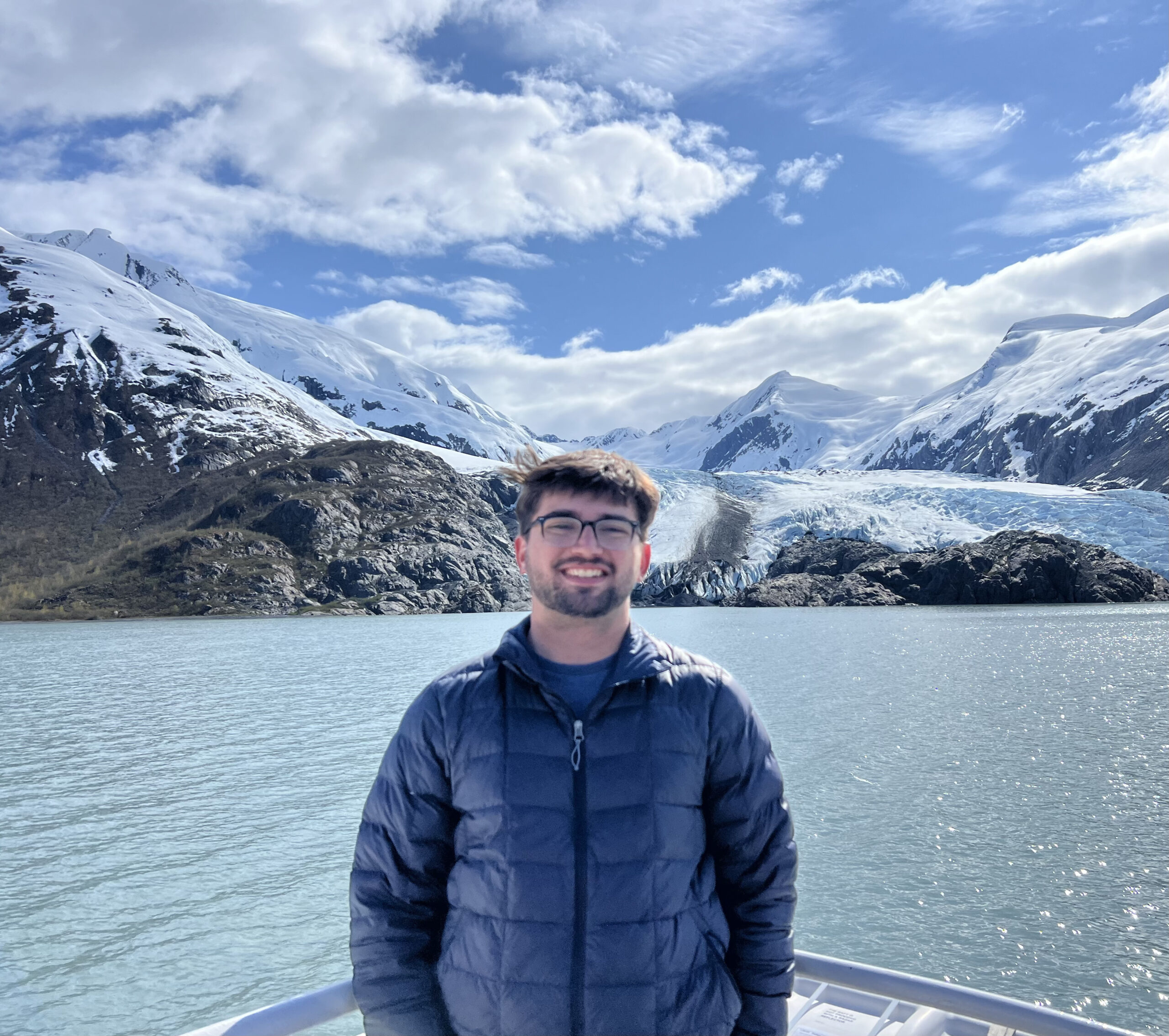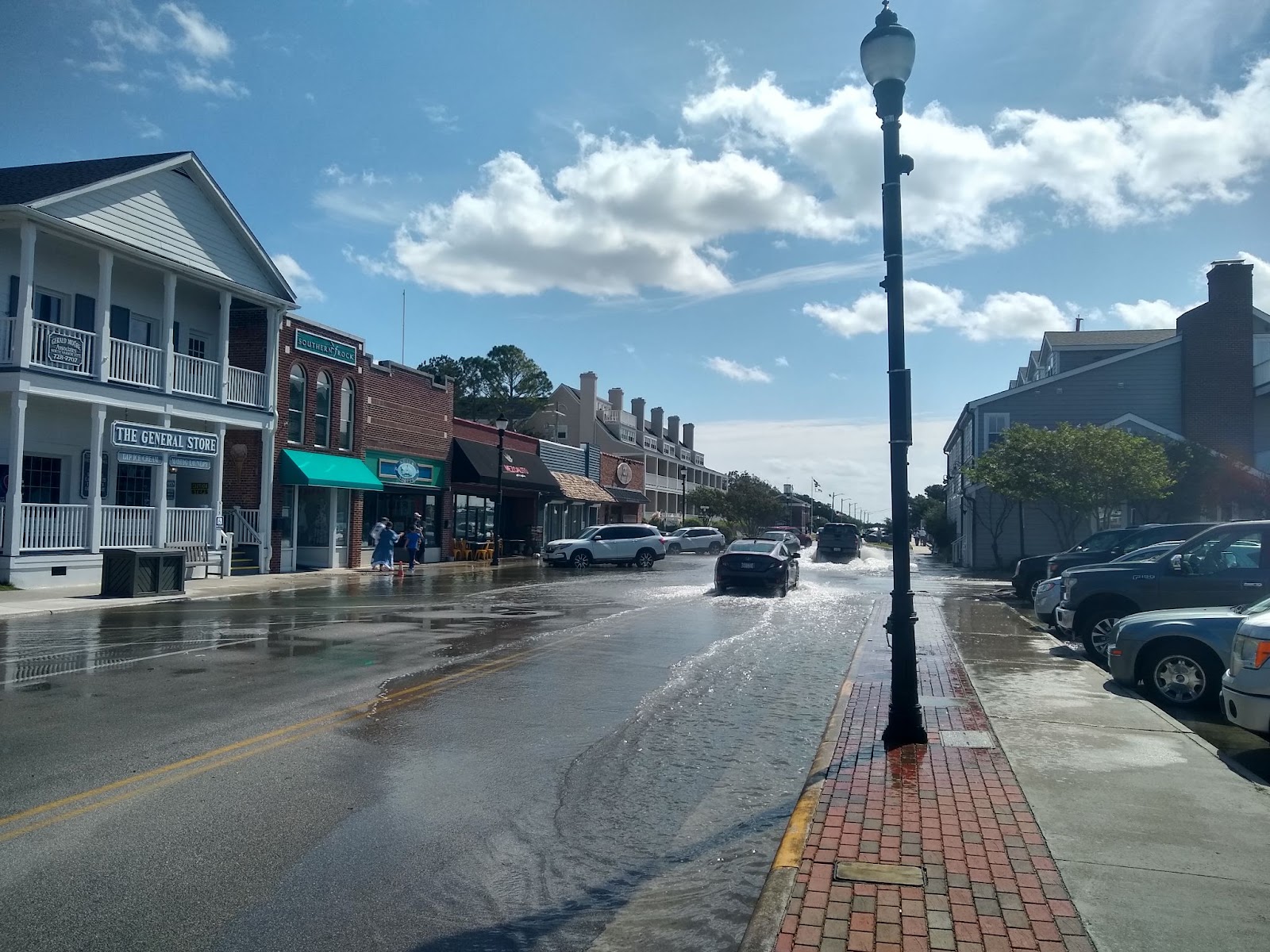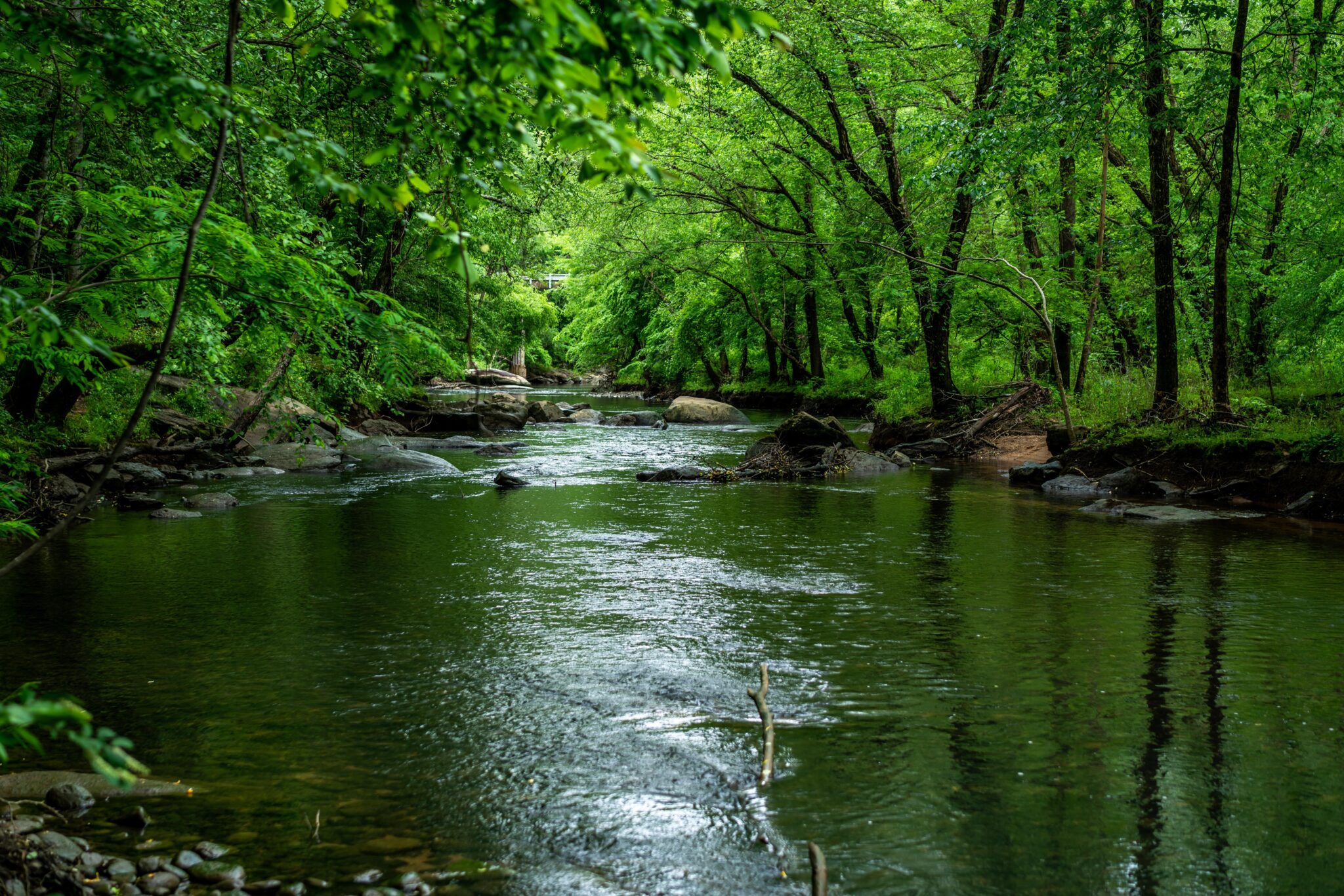New Research Focuses on Algae Toxins in Chowan River and Albemarle Sound
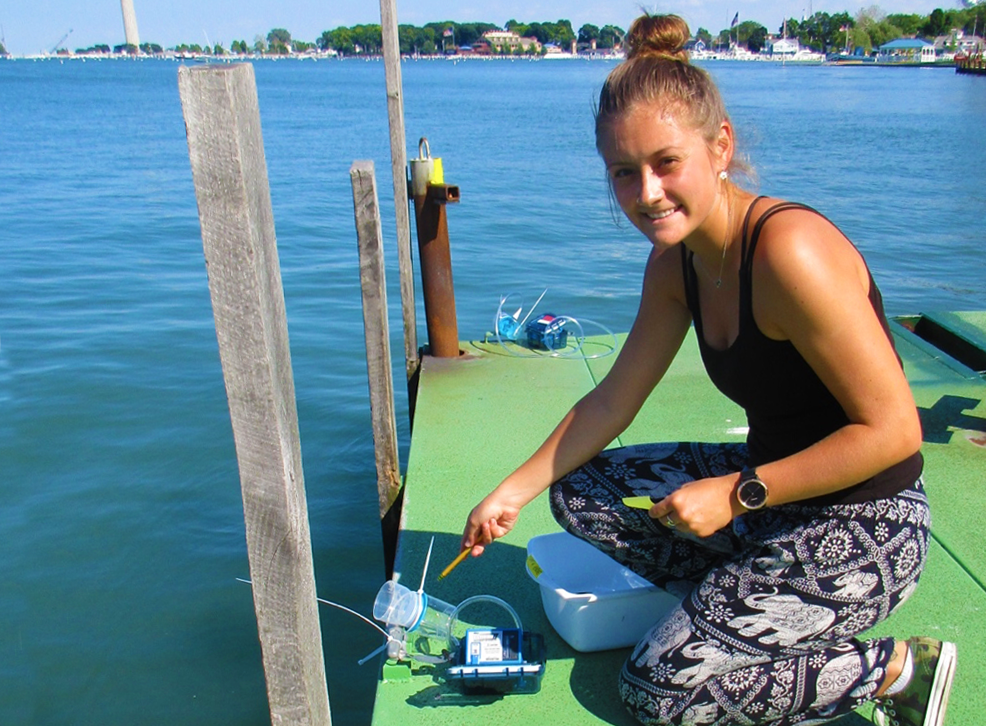
In the field: Haley Plaas, the recipient of the 2020 joint fellowship from North Carolina Sea Grant and the Albemarle-Pamlico National Estuary Partnership.
FOR IMMEDIATE RELEASE
Contact: Katie Mosher, 919-515-9069, kmosher@ncsu.edu
The 2020 North Carolina Sea Grant and APNEP joint fellow will study cyanobacterial production.
Haley Plaas, a doctoral student in environmental science and engineering at the University of North Carolina at Chapel Hill, will conduct important new research on algal blooms as the recipient of the 2020 joint fellowship from North Carolina Sea Grant and the Albemarle-Pamlico National Estuary Partnership (APNEP).
John Fear, deputy director of North Carolina Sea Grant and the state’s Water Resources Research Institute, says Plaas will explore multiple issues related cyanobacteria toxins in the Chowan River and Albemarle Sound.
“This is a very timely project, as the water quality issues in this region are re-emerging after decades of calm,” says Fear. “This work will help us understand how the algae toxins in the water respond to nutrient inputs and are translated into airborne molecules.”
Wind currents can transport airborne toxins inland from the waterfront, Fear explains.
“This work also can be rapidly utilized by the state’s working group on nutrient criteria, which is now focusing on the Albemarle Sound area,” he adds.
Bill Crowell, director of APNEP, says harmful algal blooms are a reemergent water quality and environmental health concern in the Chowan River-Albemarle Sound region. “Ms. Plaas’ research will increase our understanding of the threat that cyanotoxins produced by these blooms pose to human communities,” he says.
Plaas studies under Hans Paerl, Kenan Professor of Marine and Environmental Sciences at the UNC-Chapel Hill Institute of Marine Sciences, who notes that toxic cyanobacterial blooms are affecting water quality and safety in lakes, rivers and estuaries more and more.
“Using an easily deployed air sampling technique, Haley will address the question of whether these blooms are also affecting air quality around prominent local, national and international water bodies increasingly plagued with these blooms,” explains Paerl.
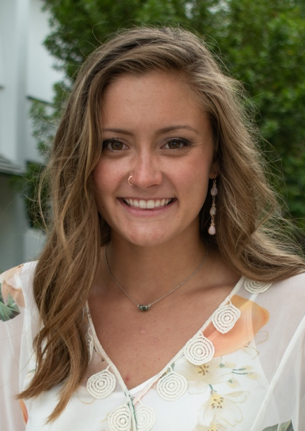
Originally from Kansas City, Plass earned dual bachelors degrees in biology and marine science with a minor in motion pictures at the University of Miami. In April 2019 she delivered the keynote address at TEDxUMiami, “An Individual’s Solution to Plastic Pollution.”
The competitive fellowship from North Carolina Sea Grant and the Albemarle-Pamlico National Estuary Partnership, now in its fifth year, jointly supports graduate students at institutions in North Carolina who conduct applied research within the North Carolina portion of the APNEP region. The region covers most of the Albemarle-Pamlico watershed, including the Neuse, Tar-Pamlico, Pasquotank, Chowan, lower Roanoke and parts of the White Oak River basins.
Plaas will announce and explain her findings through a series of educational videos and a short film. “I believe documentaries are one of the most effective — and totally cool — ways to share scientific research with the public,” she says.
More about this and other Sea Grant fellowships and funding opportunities: ncseagrant.ncsu.edu/funding-opps/
More about APNEP: www.apnep.org
##
North Carolina Sea Grant: Your link to research and resources for a healthier coast
- Categories:
